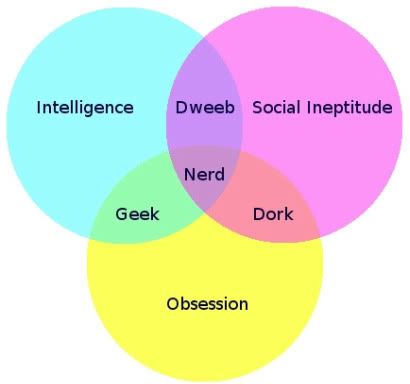Welcome To:
Computer Programming
comp-prog/lecture_0
Matt Gottsacker
Computer Programming
Marquette University High School
Last modified: 01.05.2020
About me
- I am an Alumni Service Corps teacher.
- I graduated from Saint Louis University in May 2019.
- Major: Computer Science
- Minor: English
- I have interned at software companies and at research labs.
- I have experience coding in multiple programming languages.
- Java, Python, JavaScript, R, C, C++, X86 Assembly, Go
- I am most interested in the field of Human-Computer Interaction.
Nerd/Geek/Dork/Dweeb

Hypothesis: We are all nerdy about something.
About you
- Name
- Grade level
- Why did you sign up for this class?
- What are your technical or computer science-related interests?
- What are your non-technical interests or hobbies?
- What are you a nerd about?
Course pre-requisites: Mathematics
- You must be in advanced or accelerated math
- The following classes are NOT advanced or accelerated:
- Geometry with Mrs. Kresovic
- Algebra 2 w/ Mr. Cleary
- Precalculus w/ Mrs. McDevitt
Course pre-requisites: Computers
- You are required to have your own computer for this course. This is listed in the course handbook as a requirement for this course.
- You are also required to keep this computer in working condition throughout the semester. A damaged or inoperable computer is not an excuse to miss deadlines.
- A few (2) computers are available for students to use in class if they are unable to purchase a computer.
- This requirement can be satisfied by the cheapest computer you can find. Windows, Mac OS X, and Linux work best. Avoid Chromebooks, if possible.
Course material
- I assume you know nothing about computer programming (but I assume you are a reasonably good critical thinker).
- I base my presentations and assignments off of the course textbook, with some modifications to exercises and editions to outdated content.
- My goal is to get through 6 chapters of the text.
- The text has 16 chapters and you are welcome to work ahead if you like.
- However, you cannot use future material to make current problems easier (i.e. using chapter seven techniques to solve a chapter five problem).
Review of the syllabus
Course objectives
- Collaborative
- Innovative
- Creative
- Interdisciplinary
- Ethical
Course mechanics: in class
- Notes on the readings
- Chapter reading quizzes
- Programming examples and exercises
- Programming assignments (solo and group)
- Chapter practical quizzes
Course mechanics: website
- Everything will be posted online.
Code example
You may see code in the lectures in this format:
public class Lecture_0 {
public static void main(String[] args) {
System.out.println("I love computer programming!");
}
}
For next class:
- Google form about you.
- Install JDK and Geany via the links I share with you.
By Wednesday, 01.08.2020:
- Read sections 1.1 - 1.7 of the textbook.